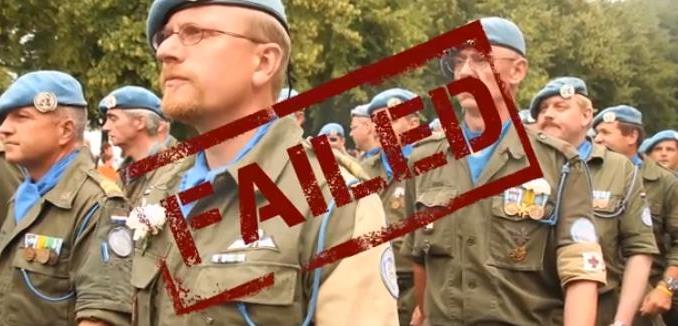The Daily Beast this morning published an extensive investigation, written by the outlet’s Eli Lake, describing the Obama administration’s efforts to lobby inside Israel on behalf of specific conditions outlined by a U.S.-backed peace deal. Special administration envoy Martin Indyk has been “quietly been meeting with Israeli reservist generals and other leading national-security experts” regarding “American ideas for securing the Jordan River Valley without a permanent Israeli troop presence.” Politico reporter Josh Gerstein bluntly described it as evidence that the White House was engaged in an “apparent end-run around” Israeli Defense Minister Moshe Yaalon, who is among many emphasizing that Israel must maintain security forces in the area, which is along the border with Jordan. He’s apparently not the only one:
[T]he conversations are part of a larger effort to “prepare the Israeli public” to accept hard compromises for peace with the Palestinians, as one U.S. official working on the negotiations put it. And some senior members of the Israeli government, including Defense Minister Moshe Yaalon, are not happy. Yaalon views the get-togethers with the Israeli reservist generals as a way to circumvent his own objections to any security plan that would require Israel not to have troops on the border with Jordan. Yaalon was so upset that, earlier this month, he was quoted by an Israeli newspaper as wishing that Secretary of State John Kerry would “take his Nobel Peace Prize and leave [Israel] alone.”. Yaalon made two apologies for those remarks, the second of which came after the State Department’s spokesperson criticized them publicly.
The Israeli position – which maintains that Israeli forces are necessary to, among other things, prevent terrorist infiltration and collect critical human intelligence – has been strengthened by recent evidence that Al Qaeda is gaining a foothold in West Bank areas between the Jordan Valley and Israel’s 1949 armistice lines. The alternative reportedly being floated by the Americans would replace those Israeli troops with American or international peacekeepers. The idea has been treated as a non-starter by Israeli leaders. It has become a topic of borderline eye-rolling by segments of the policy community, who have emphasized that in the last few years international peacekeeping forces along Israel’s borders have been alternating between failure and collapse. A video embedded below, produced by the Jerusalem Center for Public Affairs, reflects that mood. Following the 1956 Sinai campaign the United Nations Emergency Force was deployed to the Sinai. They were ordered out by Egypt in 1967 and hastily left, part of a crisis that would erupt into open warfare. In 2005, Israel was provided assurances that, if it evacuated the border between the Gaza Strip and the Sinai Peninsula, European peacekeepers would take over and block terrorist infiltration and weapons transfers. Gaza was soon afterward overrun by Hamas, the peacekeepers were withdrawn, and the Palestinian terror group acquired thousands of missiles which were turned against Israeli civilians. The United Nations Interim Force in Lebanon (UNIFIL), meanwhile, has been something near a disaster. It was charged with securing southern Lebanon in 1978. It failed to block widespread bloodshed during Lebanon’s civil war, failed to stop Hezbollah from amassing an arsenal beyond the capabilities of most nation-states, served as a borderline accomplice in Hezbollah’s kidnapping of Israeli soldiers, and in general is unimpressive in checking even mild violence. As for American troops, the Israelis have been adamant that they will not endanger U.S. soldiers on behalf of Israeli security. More from Lake on that issue:
For now though, it appears that Indyk will have a heavy lift to sell new ideas about how to secure the West Bank’s border with Jordan. Mizrahi, for example, said he was asked his thoughts in general about deploying international forces in the Jordan River Valley. “We don’t want to see American soldiers or international forces on the Jordan River Valley,” he said. “We don’t want any American soldiers to be killed on Israeli soil. We can take care of ourselves and we don’t trust international forces.”
[Photo: TheJerusalemCenter / YouTube ]




